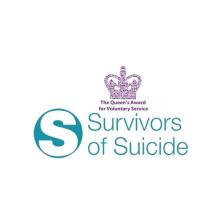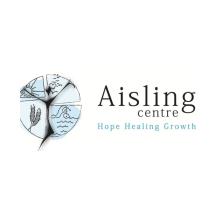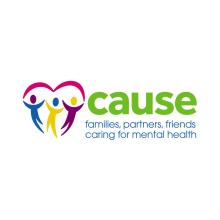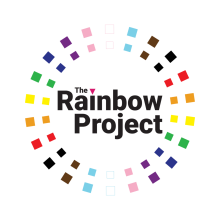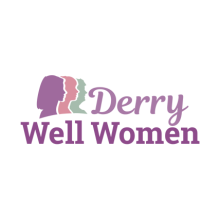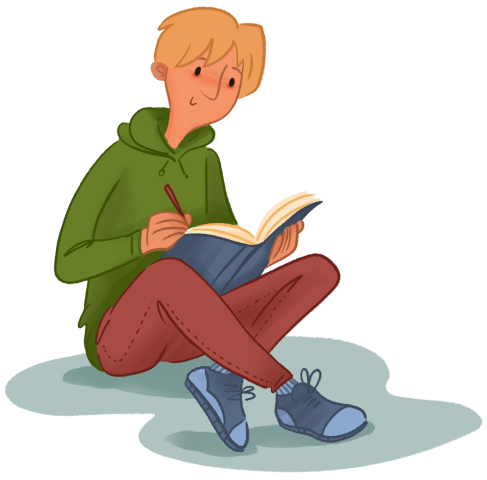
Self-harm
Self-harm is any non-accidental behaviour that causes or could cause harm to a person. Help and support is available.

Help in an emergency
Please seek help straight away if you, or somebody else, have taken an overdose or have a serious injury. Call 999 or visit an emergency department.
What is self-harm?
Self-harm is any non-accidental behaviour that causes or can cause harm to a person. Self-harm is when someone hurts themselves on purpose as a way of coping with difficult feelings, painful memories or overwhelming experiences and situations.
Self-harming can feel like the only way to let those feelings out. This is not unusual behaviour, but it is something that can be managed and prevented.
A person who self-harms might not know or understand why they hurt themselves. Self-harming only brings short-term relief and can become a habit that is hard to stop. It is important to know that there is help and support available to those who self-harm.
Signs of self-harm
There are different forms of self-harm and they are not always easy to notice. People who self-harm usually try to keep it a secret from their family and friends.
If you think a friend or family member is self-harming, look out for the following signs:
- unexplained cuts, bruises or burns on their body;
- keeping themselves fully covered, even in hot weather;
- signs they have been pulling out their hair;
- changes in eating habits, and any unusual changes to weight;
- signs of alcohol or drug misuse;
- signs of depression, low mood or loss of interest in things they usually enjoy;
- low self-esteem or self-worth.
Things that might help if you self-harm
It can be upsetting when you think that self-harm is the only way you can cope, but there are other healthy ways you can try to help you cope such as:
- exercising, dancing or listening to music;
- being with your favourite people or pets;
- spending time in nature;
- watching tv, particularly comedies;
- keeping busy by cleaning and tidying your space;
- journaling, writing your feelings on paper and tearing them up;
- reading a book;
- practising meditation, mindfulness or breathing techniques;
- using apps to help you to explore alternatives to self-harm which can be effective and less harmful to practice.
Self-harm can be dangerous and is a sign that there is an underlying problem so it’s important that you recognise you need help and support.
If you have self-harmed or are thinking about it, it is important to know that there are people who can help you and will not judge you. You shouldn’t feel alone.
Getting help starts with talking to someone. Talk to someone about how you are feeling. It could be a friend or family member you trust, or a teacher, colleague, youth worker or your doctor.
You might find it easier to talk to someone who doesn’t know you. There are confidential services that can help.
Useful resources
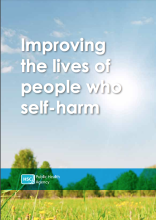
Improving the lives of those who self-harm
This leaflet is for anyone who wants to understand self-harm. It will be useful if you are harming yourself, or feel that you might do so. We hope it will also be helpful for your friends and family.
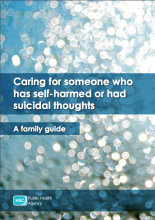
Self-harm family guide
This booklet is aimed at the families/carers of people who have self-harmed or had suicidal thoughts.
